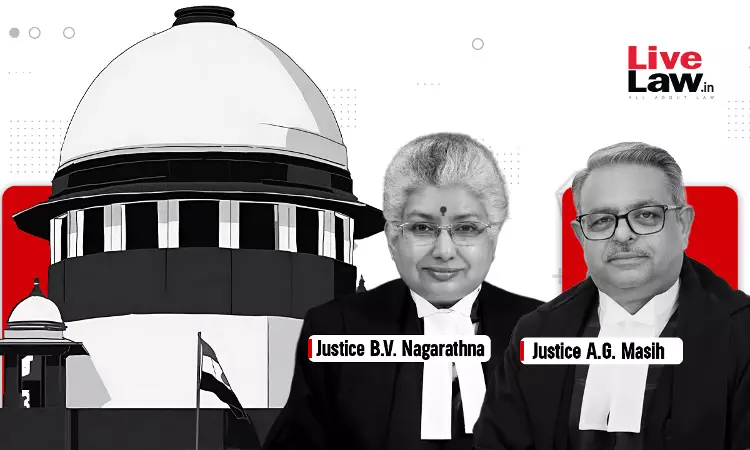Expressing concerns about the misuse of the criminal justice machinery by certain persons to achieve their oblique motives, the Supreme Court recently urged that the Courts have to be vigilant against such tendencies.The Supreme Court said that that the High Courts must exercise their inherent powers under Section 482 of the Code of Criminal Procedure to quash criminal proceedings in such...

